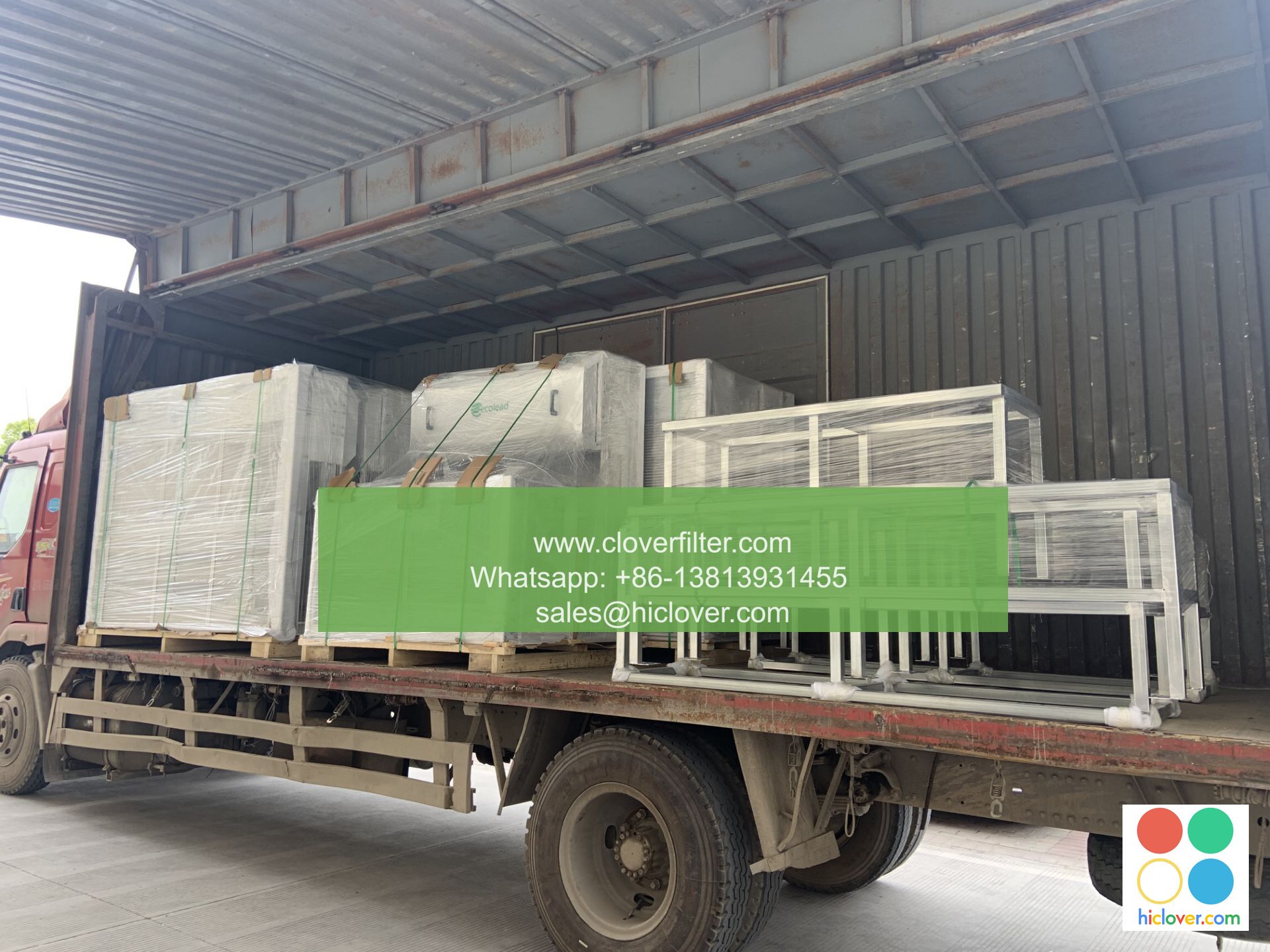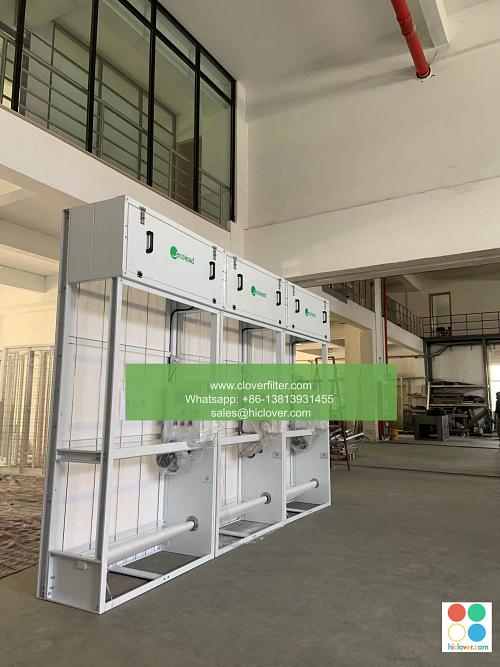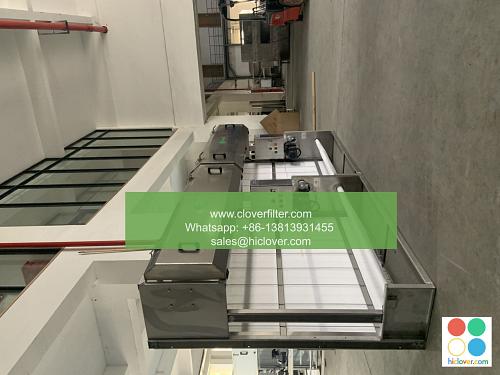Air Filter Safety for Children: How to Keep Them Healthy

Air Filter Safety for Children: How to Keep Them Healthy
As a parent, ensuring the health and well-being of your child is of utmost importance. One often-overlooked aspect of this is ensuring the air they breathe is clean and safe. This is where Air Filters come in. In this article, we will explore the importance of air filter safety for children, the benefits of using them, and provide tips on how to choose the right one for your home.
The Dangers of Poor Air Quality
Air pollution is a significant concern, especially for children, as they are more susceptible to respiratory diseases and allergies. Indoor air pollution, in particular, can be detrimental to their health. Bacteria, viruses, and particulate matter can be present in the air, causing respiratory issues, trigger allergic reactions, and even asthma attacks.
Benefits of Using Air Filters for Children
Air filters can help to:
- Reduce airborne pollutants: By removing 99.97% of dust, pollen, and other allergens from the air, air filters can significantly reduce the risk of respiratory issues.
- Prevent allergic reactions: Eliminating allergens and irritants can help to prevent allergic reactions and asthma attacks in children.
- Improve sleep quality: Removing airborne impurities can improve the quality of sleep, essential for children’s growth and development.
- Protect against respiratory diseases: By reducing exposure to airborne pollutants, air filters can help to prevent respiratory diseases like bronchitis and bronchiolitis.
Choosing the Right Air Filter for Your Home
When selecting an air filter, consider the following:
- Filter type: HEPA (High Efficiency Particulate Air) filters are the best choice for removing 99.97% of particles as small as 0.3 microns.
- Filter size: Ensure the filter size matches your air purifier or HVAC system.
- Filter replacement interval: Regularly replace filters to maintain effectiveness (every 3-12 months depending on usage and manufacturer’s instructions).
Additional Tips for Air Filter Safety
- Regularly clean and maintain your air filter to ensure optimal performance.
- Monitor indoor air quality by using an air quality monitor to identify potential issues.
- Seal ducts and vents to prevent pollutants from entering your home.
- Consult with a healthcare professional if you suspect your child has an allergy or respiratory issue.
Conclusion
In conclusion, ensuring air filter safety for children is crucial for their health and well-being. By understanding the dangers of poor air quality, the benefits of using air filters, and choosing the right filter for your home, you can create a healthier environment for your child to thrive. Remember to regularly maintain your air filter, monitor air quality, and consult with a healthcare professional if necessary. By doing so, you can help to protect your child from respiratory issues and allergic reactions, providing them with a strong foundation for a healthy and happy life. Highlights: Air Filter Safety, Indoor Air Pollution, HEPA Filters, Respiratory Health, Allergies, Asthma, Air Quality Monitors, and Duct Sealing**.
I’m happy to help! However, it seems like you haven’t provided a prompt for me to respond to. Could you please clarify what you would like to talk about or what help you need? I’ll do my best to assist you once I have a clear understanding of your query.


